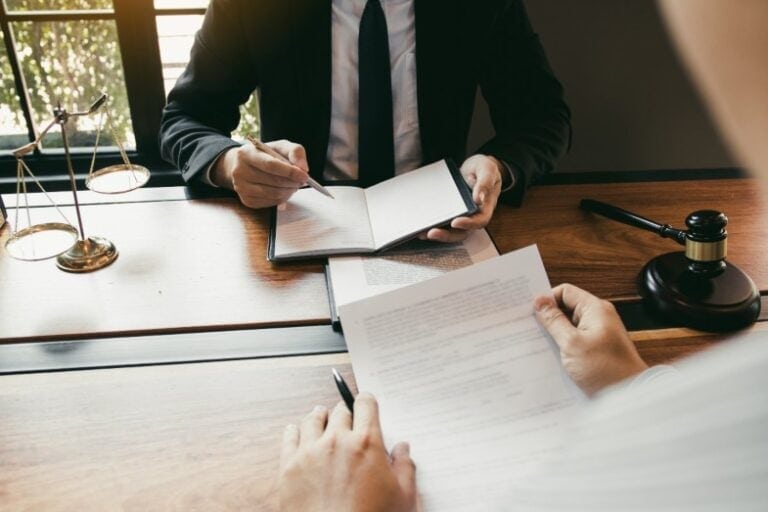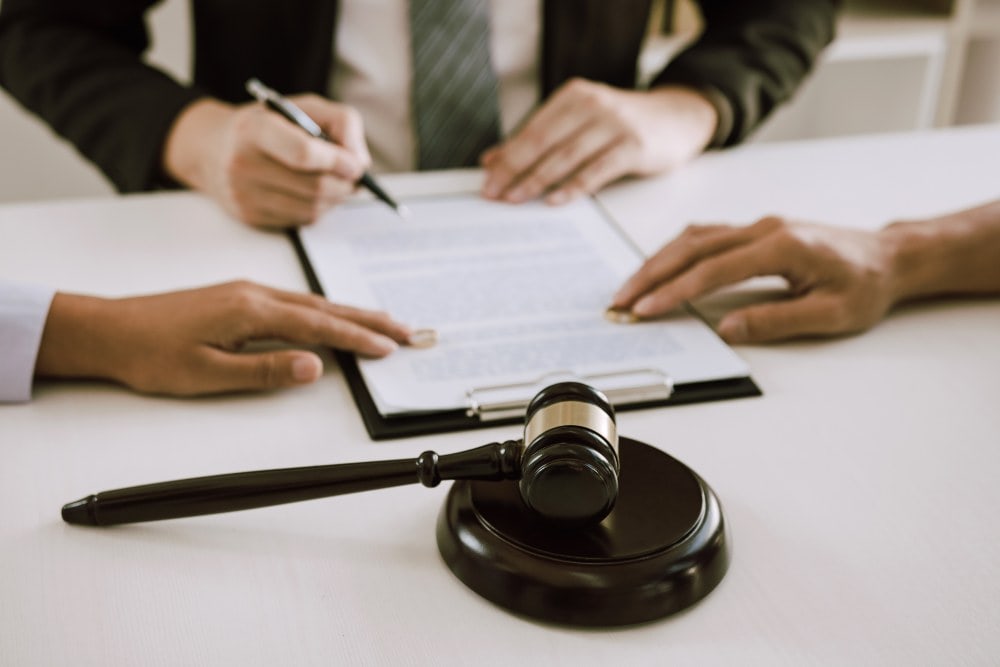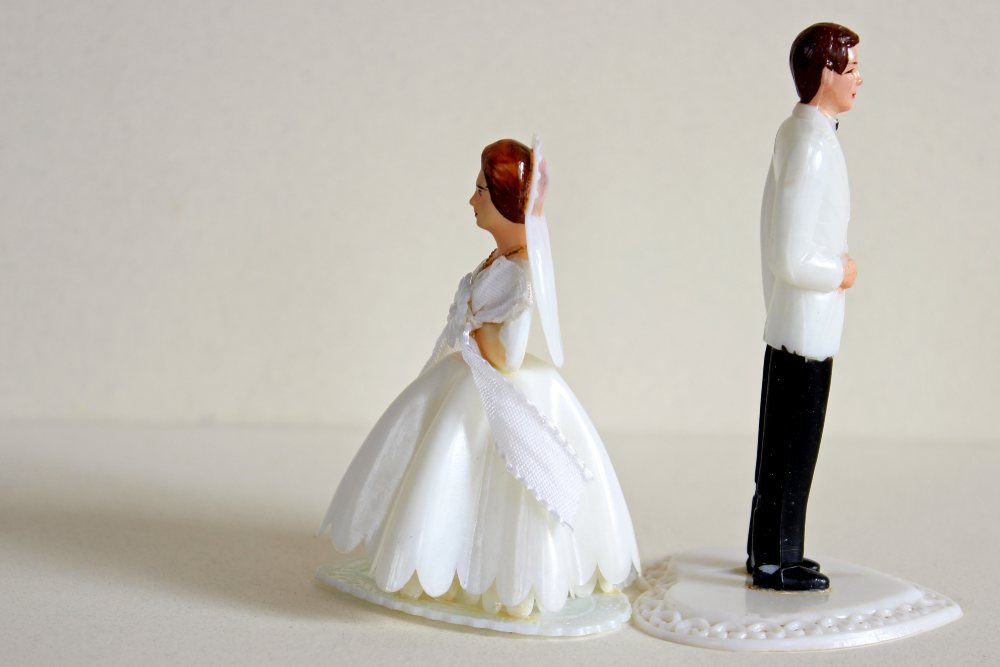Protecting Your Rights and Getting Your Property Back: The Importance of Legal Representation
Disclaimer: This blog is not a substitute for legal advice but rather a guide. Call JJ Lawyers for a robust legal defence!
Police often seize property in the context of an investigation. Items like phones, laptops, or documents can help establish proof of a suspect’s guilt.
If police seize your property, it’s essential to know your rights, including when you can get your items back. How long can police hold evidence without charges in Australia? Read on to find out.
Even though you have some rights regarding seized property, it’s often best to have an experienced lawyer by your side when speaking to the police. JJ Lawyers knows the legal system and is ready to be your trusted advisor.
Why Police May Seize Your Property
When the police seize your property, it’s essential to understand the legal authority
The most common situations in which police can seize your property include:
- Under the Evidence Act of 2008, police can seize items if there is a reasonable chance that these things will reveal evidence.
- An officer can take an item to the police station if they believe you stole it.
- A police officer can use your personal belongings to confirm your identity or date of birth before conducting a police interview.
- Police powers can seize items that look illegal for further testing.
- Police can also seize belongings you used to commit an offence. A common example would be a car if you committed a Type 1 offence or repeated Type 2 offences.
An officer will typically seize belongings in two scenarios:
- When they arrest a person and find items on the police suspect.
- When executing a search warrant and collecting evidence.
What the Police Must Do if They Seize Your Property
Your Rights and Protections During a Police Seizure
As a suspect, you have some rights the police must respect. The officer who seizes your property must fill out a field property receipt.
This document will list and describe the items police took. You and the office will sign the document. You’ll get to keep a copy.
The officer has to provide this document as soon as possible after seizing the property. Still, there are exceptions for covert operations where revealing that police took your belongings could jeopardise the operation.
You also have rights when it comes to electronics. Police can’t go through your phone or laptop without getting your consent to do so.
If you don’t consent to a search, police must obtain an order from a magistrate. This process can delay how long police will hold the items.
How Long Can Police Hold Evidence Without Charges in Australia?
Factors That Can Affect the Length of Time Police Retain Evidence
How long can police hold evidence without charges in Australia? The law has no provisions that set a deadline for giving the property back. Instead, it states that police can keep items for as long as reasonably necessary.
In practice, police officers must retain seized property within a short delay. In most cases, you’ll get the items back at the end of the investigation. Several things can happen:
- Police can use a method like an identification parade to rule you out as a suspect.
- You can answer questions in police custody and give police no further reason to suspect you committed an offence.
- If you are charged with an offence, police can issue a spot fine in some cases and put an end to the case.
- In some cases, forum sentencing can be a solution. Police will mediate between the offender and the victim to resolve the issue.
- If you’re a Torres Strait Islander or an Aboriginal person, police can work with elders and relatives in a process known as circle sentencing.
Your Rights and Options for Getting Your Property Back
If police gathered enough evidence to go to trial, you might get your property back if police can capture the information needed to prove the commission of an offence.
For instance, police might be able to make a copy of an incrimination document, copy the data stored on your phone, or take a photograph of your belongings.
Arranging for forensic testing early in the investigation process also allows police to release seized property in a timely manner.
However, the court can oppose the release of property if a prosecutor wants to use an item as an exhibit during the trial. For those under 18 years of age, a Children’s Court can order that police keep an item for this reason.
If an item is an exhibit in a trial, police can keep it as long as necessary for the trial.
When Do Police Have To Give Back Your Property?
The Process for Getting Your Property Returned After a Police Seizure
How long can police hold evidence without charges Australia? There is no specific timeframe, but police must give your property back as soon as the investigation is over if it doesn’t lead to a case.
Police should also hand over your property if they rule it out as evidence for a criminal offence or as soon as they can duplicate information or test the item.
Police will notify you once you can pick up your belongings. You’ll have 28 days to pick up your items, or police can destroy the property.
How To Apply for Return of Property
The Steps for Filing a Formal Application for the Return of Property
How long can police hold evidence without charges Australia? Even though the police have to give your property back within a reasonable timeframe, you can speed up this process by applying for a return of property.
To do so, you’ll need to contact a magistrate and petition to have your property back. It’s best to speak to a lawyer if you want to apply for a return of property. If you want your personal property back as quickly as possible, the experience lawyers at James & Jaramillo can help. Contact us today for a free consultation.
What About Forfeiture?
What Happens to Seized Property if It Is Forfeited to the State
In some cases, the court will determine what police should do with the seized property. If the court doesn’t specify what to do, police will either give the item back or forfeit it to the state.
Police will forfeit an item if you used it to commit a crime or if keeping the item could prevent future indictable offences. You should also expect forfeiture if owning the item is illegal.
If you don’t agree with a decision to forfeit an item, you have 28 days to petition a magistrate and appeal the decision.
Get Help With Seized Property
Work With JJ Lawyers To Get Your Property Returned
So, how long can police hold evidence without charges in Australia? In most cases, officers will return seized items once they have gathered the information they need, but they can keep items longer if they want to use your property as an exhibit in a trial.
If police seize your property, you need to receive legal advice from an experienced professional who can help you get your property back. Get in touch with us at JJ Lawyers to discuss your options. Our team are experienced in representing those against traffic law, criminal law, & family law charges.
Or for more comprehensive breakdowns where we tackle pertinent legal issues and topics, see our dedicated law blog, where we answer other questions such as: ‘Can Police Access Your Phone Australia?‘, ‘What Is Assault Occasioning Actual Bodily Harm? (NSW)‘






